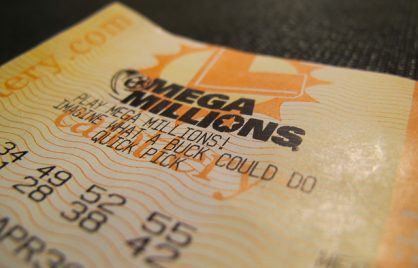How Dating Apps Use The Design Features of Slots To Keep Reeling You in
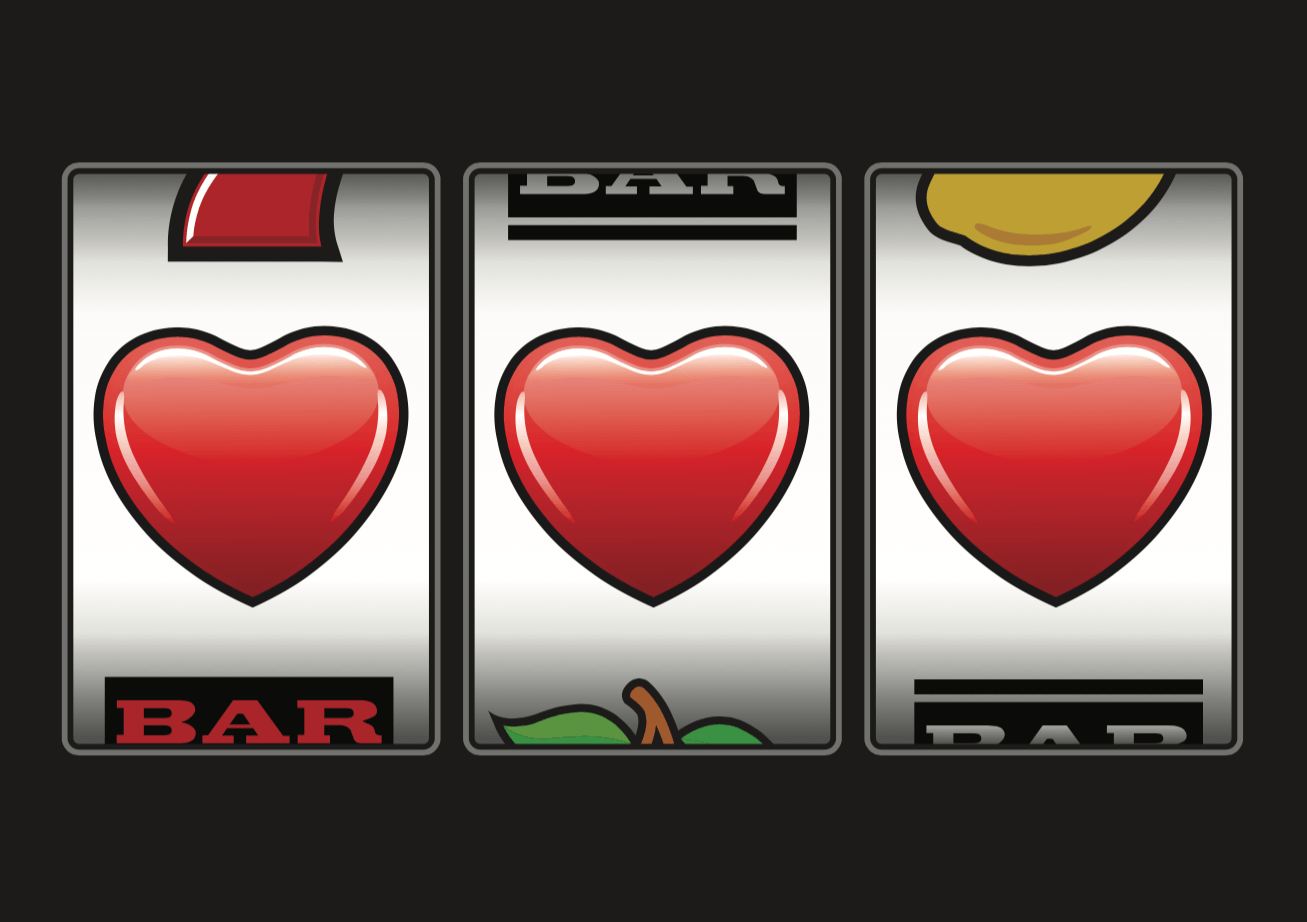
In an age where mental health is at the forefront of many people’s minds and, thankfully, is finally being talked about, it’s a wonder why more hasn’t been made of the impact of dating apps.
Social media regularly receives a good bashing by the media. Indeed you’d be hard pushed to find a group of people that has never whined about its harmful effects. It is the root of all of modern society’s ills, after all.
As for addiction, we’re well clued up on the usual suspects. Alcohol, cigarettes, drugs of all legalities. And then, of course, there’s gambling. A high-risk activity that releases dopamine in the brain in much the same way as any substance you can take.
So with dating apps designed in very similar ways as slot machines, is it any wonder we’re all getting hooked? Are we really looking for love at all when we use them, or are we just using them as a way to get our next dopamine hit?
We speak to some experts in the field to find out how the design of dating apps mimic slot machines – and what that means for modern love.
1. When you swipe, you take a gamble on who will appear – just like when the reels spin on slots
Today’s dating apps have literally turned love into a game. In fact, in France when you match with someone on Tinder you either talk to them or, as it translates, ‘continue playing’.
Dating apps, like slots, are incredibly simple, and dare I say it – fun – to use.
Much like the lever-pull on slots when all bets are off as to which images will flash up on the screen, when you swipe left or right, it could be your ‘special someone’ that next pops up. You just don’t know what’s coming, and that’s what makes it so addictive.
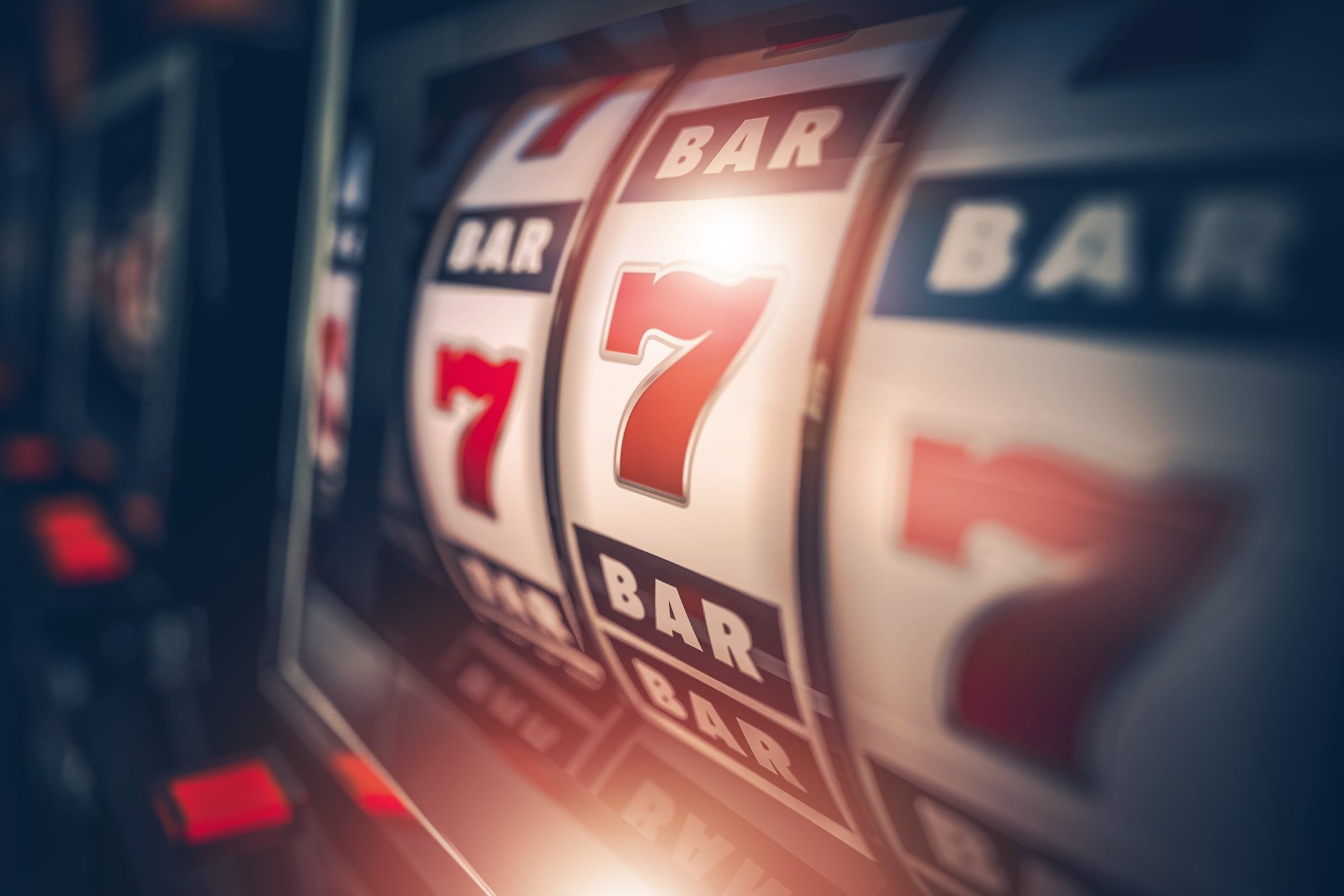
So you keep at it. The promise that the next person will be ‘the one’, or even just the promise of something even better, is similar to the next reel on the slots bringing you the big (or even bigger) jackpot.
Add to that the uncertainty of a match, and you have a pretty addictive ‘game’ in people’s pockets.
2. You know that at some point a match or like is guaranteed, like an eventual winning slots combination – and our brains love intermittent variable rewards
In an experiment on pigeons, results showed that they will peck twice as much at a button that releases food pellets sporadically than at one that releases food pellets in a set, predictable pattern. And just like pigeons, we like that fast, living-on-the-edge vibe to keep us feeling alive.
Research has shown that if a reward is unpredictable – a winning slot combo, or a match with a potential date – it’s all the more appealing. So it’s no surprise that users end up talking to less than 10% of their matches.
As licensed mental health counsellor, C J Everhart explains: “This isn’t just about wanting to meet someone and feeling stuck using these apps to do so, this is about having developed a need, almost a compulsion to be on the apps.”
Just like a compulsive gambler who wins money on the slots, instead of walking away with the winnings, they play again, hoping to get that dopamine hit one more time.
You might have an endless scroll of matches you’ve never even spoken to…and you’re not alone. Who wants to talk when you could match with someone even hotter?
3. Notifications and sounds are designed to entice you in the same way as slots on the casino floor
When you match with someone there are plenty of gamification elements at play to get you excited.
The dings, the graphics, the messages popping up on screen, plus the push notifications you get if you’re not actually using the app to hook you in for more action.
Each time one of these elements greets you, you guessed it, dopamine floods the brain. Dr Adi Jaffe, whose expertise lies in addiction, explains that “each hit of dopamine provides reinforcement for MORE interaction with the app and device.”
Combine that with “the endless and cyclical nature of searching through the database with random new potential dates showing up” and there’s no reason to ever stop swiping.
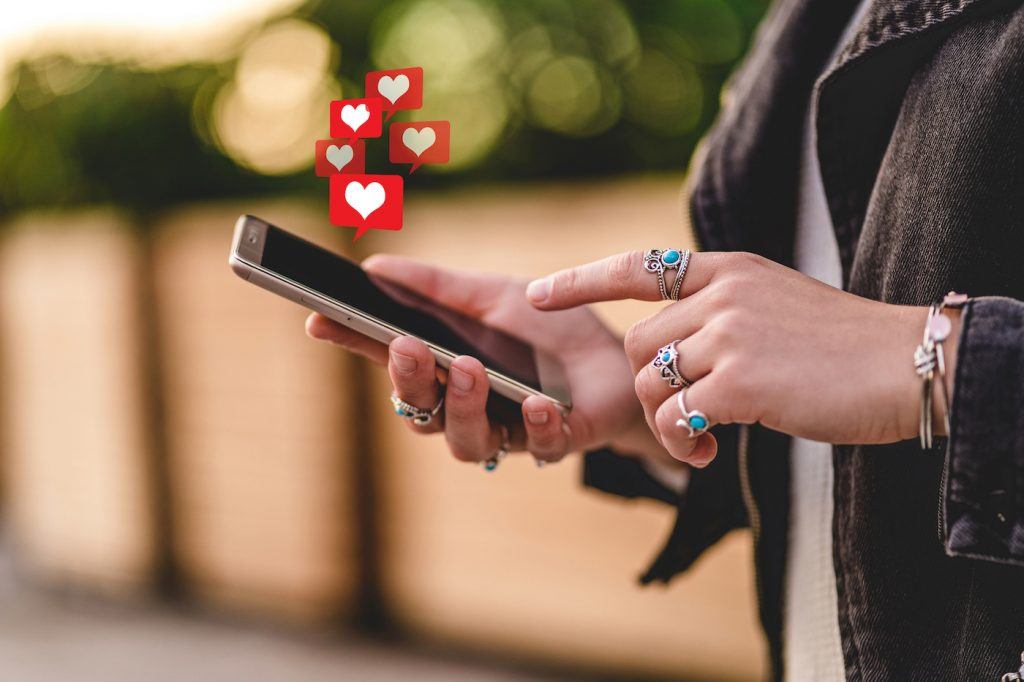
Whilst traditionally, dating requires time. Time to go to a place where you’ll meet a partner. Time to summon the courage to initiate conversation. Time to get to know them. It goes on.
Now, you have a seemingly endless universe of lovers available to you at your fingertips with anonymity on your side. No need to put yourself out there and embarrass yourself, as Dr Adi Jaffe explains: you can simply behave “in ways [you] normally wouldn’t at a pace and with motivation rarely found outside of a casino.”
4. The design elements perfectly target people who are using them as a form of escapism
That’s right, it’s time to be your own best friend. Because another thing that gambling addiction and dating app dependence have in common? They’re used as forms of escape from something traumatic buried in the subconscious.
With all addictions, the aim is to fill that void, and Shena Tubbs, a love addiction specialist, tells us how she’s spoken to lots of people who use a relationship, or more importantly, the promise a relationship to heal a childhood wound, often to do with abandonment.
She explains that “dating apps become one of many things that are used to show they are worthy, enough, and desirable. Hence, why there may be an obsession on finding the “right” partner, getting as many likes and matches as possible.”
Just as slots will flash up encouraging messages to highlight your good fortune, boosting your self-esteem, matching with someone validates your attractiveness to a potential mate.
For many people suffering with self-esteem and body image issues, this is tied to self worth and your value as a person. When people rely on external forces like these to determine their worth, it’s a slippery and volatile slope.
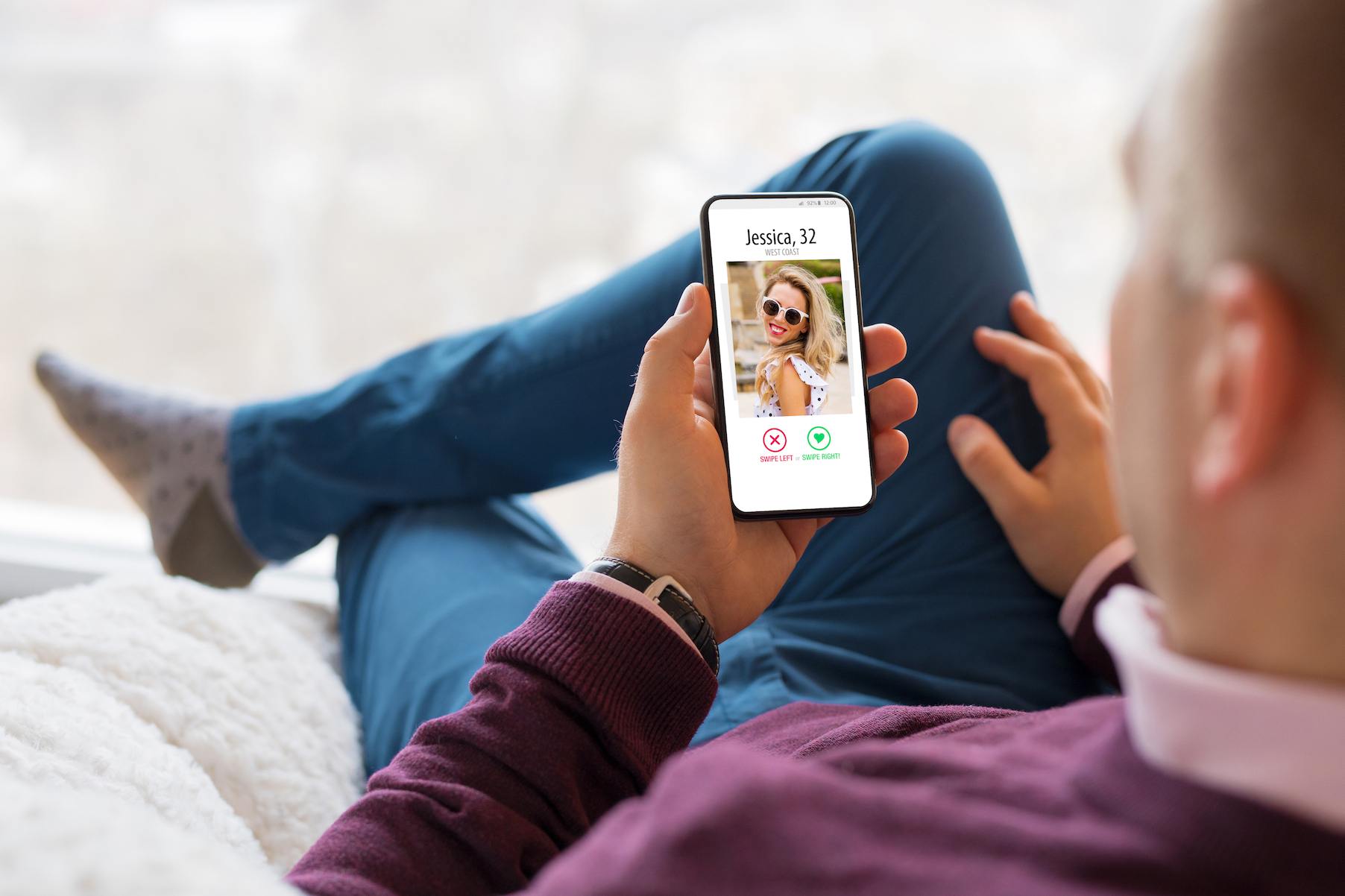
Play On
Just like with any potentially addictive thing, you have to approach it with caution. Limit your time spent on the apps so you have clear boundaries for yourself. A good thing to do is to turn off notifications.
And remember why you went on there in the first place. Just like in a casino where we know that the house always wins, with these dating apps, the creators are the real winners. They don’t care about you finding love, they want you to keep swiping, and ideally splash out on paid services so you have more attractive users showing up regularly.
If you want to take the plunge and ditch dating apps in favour of some old-school face to face dating, read up on the dark side of dating apps to help find the courage and drive to do so.
Enjoyed this? Dating apps aren’t the first to take inspiration from the gaming industry. Check out our feature on how your local grocery store is designed like a casino. You’ll be shocked by their sneaky tricks!
About Our Expert Contributors:
Dr Adi Jaffe
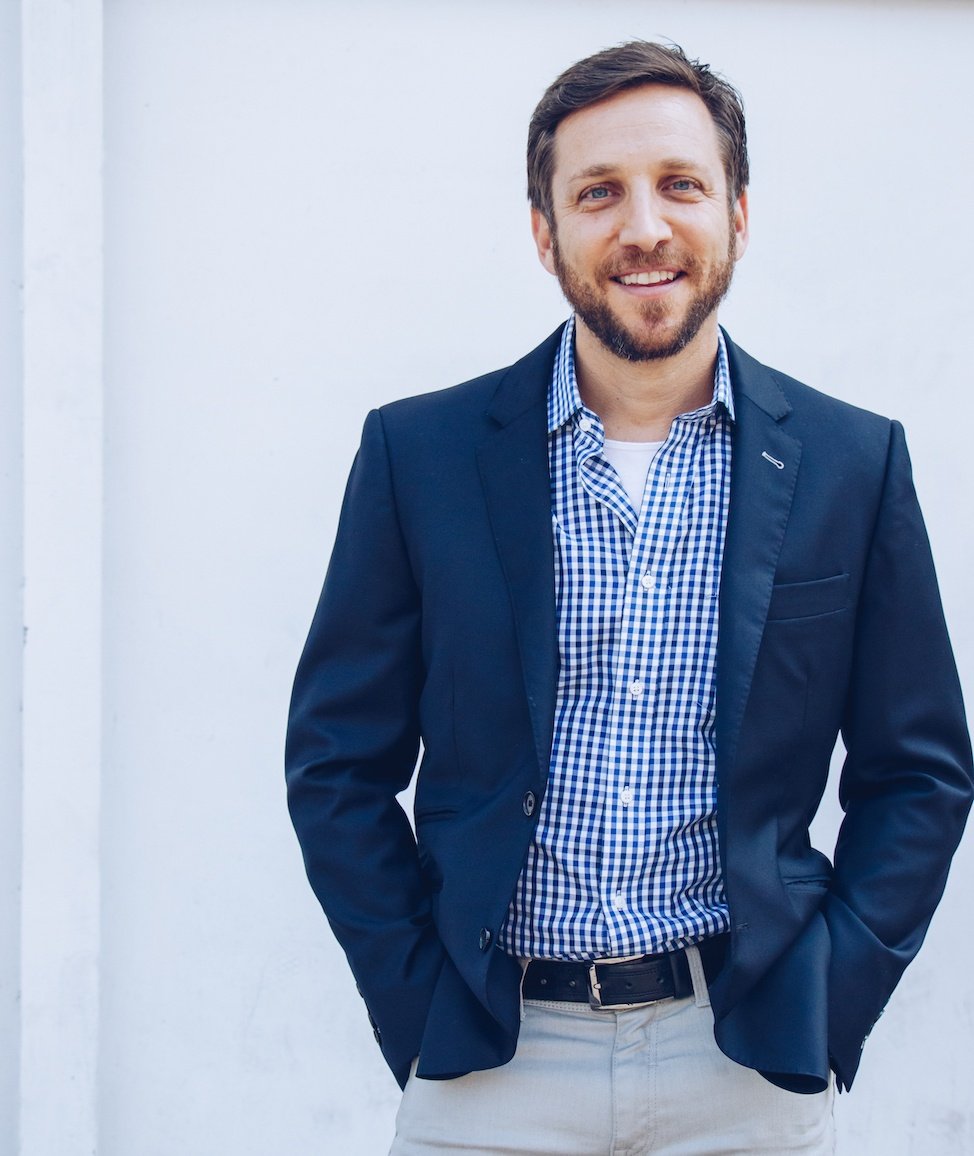 Adi Jaffe, Ph.D. is a world-renowned expert on mental health, addiction, relationships and shame. He was a UCLA lecturer in the Psychology department at UCLA for the better part of a decade and was the Executive-Director and Co-Founder of one of the most progressive mental health treatment facilities in the country – until he started IGNTD. Dr. Jaffe’s work and research focus on changing the way people think about, and deal with mental health issues. He is passionate about the role of shame in destroying lives and aims to greatly reduce the stigma of mental health in this country. In this context, Dr. Jaffe has used his personal experience as an incredibly effective inspirational and motivational tool.
Adi Jaffe, Ph.D. is a world-renowned expert on mental health, addiction, relationships and shame. He was a UCLA lecturer in the Psychology department at UCLA for the better part of a decade and was the Executive-Director and Co-Founder of one of the most progressive mental health treatment facilities in the country – until he started IGNTD. Dr. Jaffe’s work and research focus on changing the way people think about, and deal with mental health issues. He is passionate about the role of shame in destroying lives and aims to greatly reduce the stigma of mental health in this country. In this context, Dr. Jaffe has used his personal experience as an incredibly effective inspirational and motivational tool.
CJ Everhart
CJ Everhart is a NYC based Licensed Mental Health Counselor who has worked with diverse populations over the last 10 years. CJ also has a masters in Education and has worked in some of our most challenging public schools. She works to help people develop a sense of presence and congruency between their heart and mind.
Shena Tubbs
 Shena Tubbs is a Relational Trauma and Attachment Specialist, Licensed Professional Counselor and Love Addiction Coach. She helps women break the cycles of unhealthy relationships and feeling not enough by healing the wounds within and building their self love. She is the founder of Black Girls Heal where she helps women of color heal from the symptoms of love addiction, love avoidance, and love anorexia to have a healthy relationship with themselves and others.
Shena Tubbs is a Relational Trauma and Attachment Specialist, Licensed Professional Counselor and Love Addiction Coach. She helps women break the cycles of unhealthy relationships and feeling not enough by healing the wounds within and building their self love. She is the founder of Black Girls Heal where she helps women of color heal from the symptoms of love addiction, love avoidance, and love anorexia to have a healthy relationship with themselves and others.
Sources:
https://www.drugabuse.gov/publications/research-reports/cocaine/how-does-cocaine-produce-its-effects
https://www.newstatesman.com/2018/02/one-thing-dating-apps-will-give-you-sure-addiction
https://medium.com/@shadesofindigo8/hype-at-first-swipe-the-dark-side-of-using-dating-apps-c7f69c775494
https://medium.com/@leahdiprose/are-dating-apps-simply-gambling-machines-designed-to-get-you-hooked-502f029686b2


